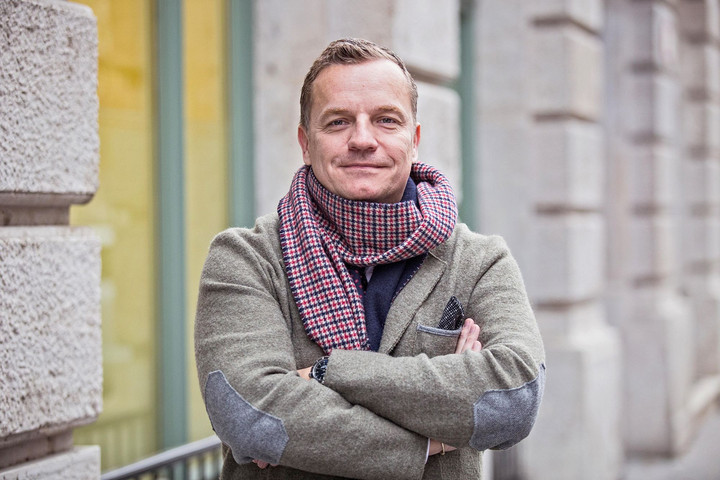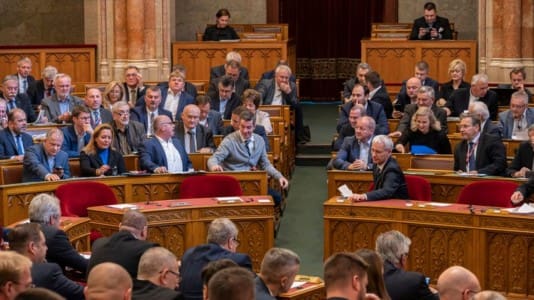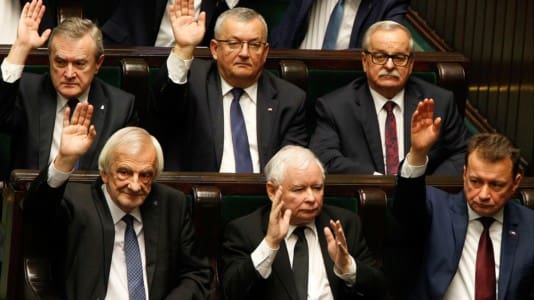The rising number of asylum seekers in Austria is cause for gave concern, and European parties standing for sovereignty and national identity should work together to stem the inflow of immigrants, MEP of the Austrian Freedom Party (FPÖ), Georg Mayer, told Hungarian daily Magyar Hírlap in an interview.
“A radical change is needed in migration policy. Asylum cannot be used to allow unskilled economic migrants into Europe without control. Strict and continuous controls are needed at the entire external border of the European Union, which would be an important first step,” Mayer said. “It is also essential that asylum applications be processed quickly at the border and that those who are not entitled are immediately returned to their country of origin.
Asked about how the Germany’s new left-wing coalition would affect immigration into Europe, Mayer said their rule could only worsen the situation.
“One of the main reasons why so many migrants come to the EU is precisely that Germany and other countries are sending the message that anyone can come here. I fear that the new German government will only exacerbate the situation,” he said. “This means that even more migrants are coming to Austria. I support the Australian approach, according to which only those who need it can come in and demand a great deal from immigrants before they can integrate into the social care system.”
He reminded that this year so far, the number of asylum-seekers in Austria reached 30,000, twice as high as in the same period of 2020, forcing the Styria region to reopen two refugee centers.
“People are worried about the events of recent weeks in Styria. We saw a video of migrants being transported by bus at the border near Spielfeld. Facilities set up for asylum seekers have been reopened in several Styrian cities, and they seem to be preparing for a wave of migration that has reached us six years ago,” Mayer said. “Austrian politicians pretend there is nothing wrong with immigration. However, the majority of the population sees this differently.”
Unlike Germany’s open border sentiments, Austrians are more skeptical of immigration.
He added that the situation on the Polish-Belarus border has brought a change in the European stance against immigration, but fears that this would not translate into concrete actions.
“Due to the situation in Poland, at least the way we talk about migration has changed in recent weeks. A few months ago, it would have been unthinkable for most of the big party politicians to demand a fence. Twelve EU member states have now spoken out in favor of adequate protection of the external borders. This is an important step. The near future will show whether the necessary measures are really being taken. I doubt it because the people involved talk a lot but do little. So the authorities should also be replaced,” Mayer said.






